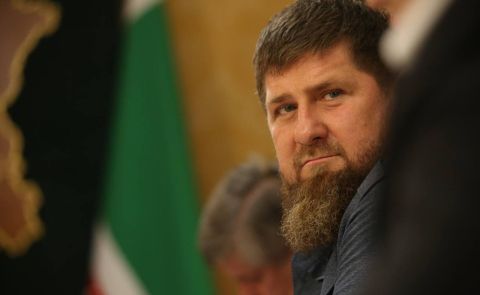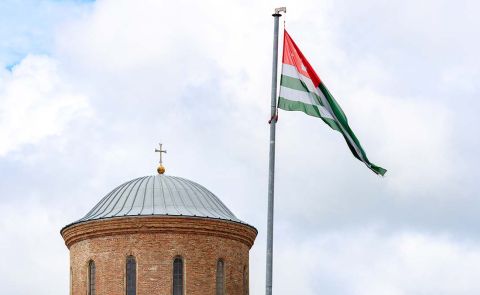
Georgian PM Slams Venice Commission, Defends Controversial Agents Law
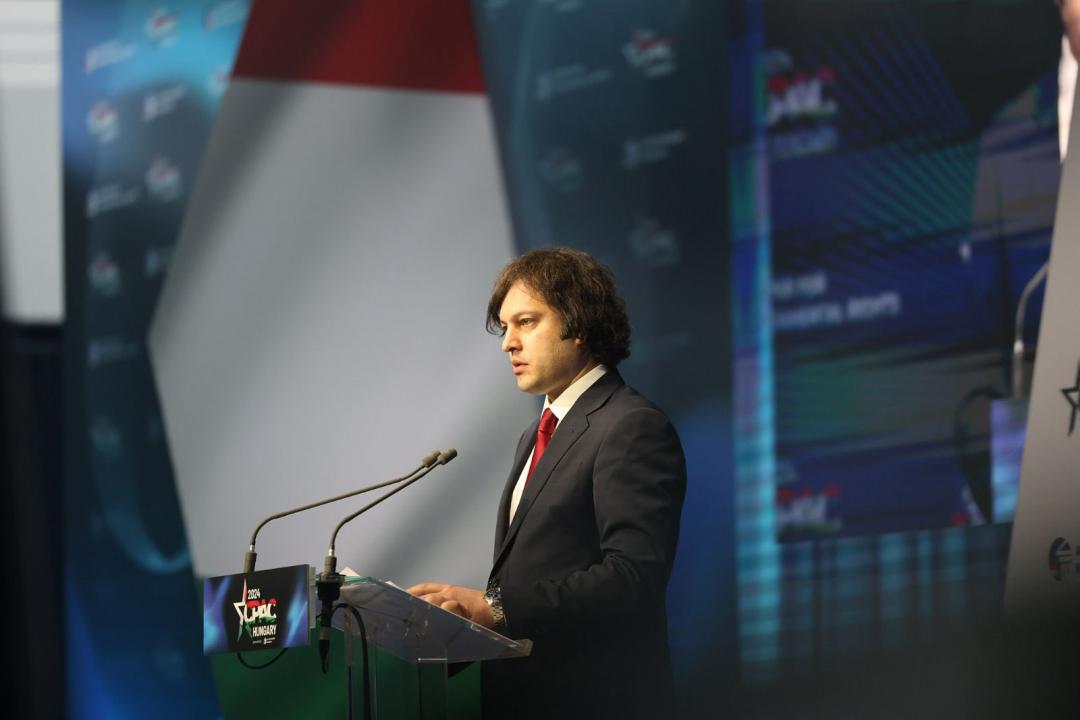
On May 22, During his late-night interview with the Georgian Public Broadcaster, Prime Minister Irakli Kobakhidze responded to the Venice Commission’s opinion on the Foreign Agents Law. The PM called the opinion "faltering" and accused the commission of having "rejected professional dignity."
The Prime Minister defended the controversial bill and reiterated accusations against the Georgian President, the opposition, civil society, and Western partners for allegedly stifling “healthy discussions” about the law. Kobakhidze described the opposition’s stance on the bill as a "fight against transparency."
Kobakhidze criticized the Commission's opinion as "full of absurd notes" and "lies," claiming it lacked legal discussion. He stated, "The public does not look at what the Venice Commission said, but where the truth lies, and this is one of the serious achievements we have had in these 2-3 years." He argued that Georgia is now "as sovereign as never before," with its citizens increasingly valuing the country's independence. He also claimed that the Venice Commission echoed the ideas of "certain" NGOs.
Additionally, Kobakhidze discussed alleged conspiracies of “two revolutionary attempts” in the past and labeled the Georgian Dream’s opponents as a "collective United National Movement" controlled by a single entity, asserting that the Georgian Dream’s duty is to reveal this "truth" to the public.
Regarding transparency, Kobakhidze mentioned the 2020 Parliamentary elections, claiming, “Opaqueness tempted both the organization and the donor to falsify the results of the parallel count. However, as soon as we made the information transparent about the donors, including USAID and NDI, they had to back down. The main purpose of parallel computing, which was to cause snap elections, could not be achieved.”
Kobakhidze reiterated his rhetoric about the “Global War Party” and emphasized the importance of “de-oligarchization” in the United States and the EU, which he believes need to be freed from these influences. He clarified that he was not calling Georgia’s partners, namely the EU and the US, the “Global War Party.”
"We have a very clear position. We want integration into the European Union and closer cooperation with the United States, but unfortunately, we see opposite processes from the other side precisely because of the influences on both actors. There is no alternative to the fight against the 'Global War Party.' This is a very painful, difficult struggle, also from a personal point of view," Kobakhidze said.
Kobakhidze also responded to media reports about alleged damaging information held by the United States about the Georgian ruling party, asserting, "No such information can exist because we act purely to protect national interests. The only thing that drives us is the national interests of our country." He suggested that the "Global War Party" should fear the exposure of their "involvement" in Georgia during "painful processes."
He claimed that “transparency” would hinder attacks on the church and "LGBT propaganda" funded from abroad and would expose organizations engaged in such activities. Defending the bill, he accused "certain" NGOs of obstructing strategic goals like energy independence and argued that the law would largely address this issue.
Kobakhidze also discussed education policy in Georgia, criticizing the former UNM government for collapsing the system and calling for substantial changes. He stated, “Even more serious problems have been created in higher education systems. At TSU [Tbilisi State University], where I also teach, we have the worst overall picture. Many professors are selected solely on political grounds, have a political bias, and lack qualifications.” He promised reforms, acknowledging that these reforms would likely face resistance similar to the Foreign Agents Law.
Read also: Georgia's Foreign Agents Law Faces Strong Reproach from Venice Commission, Georgian Dream Responds
See Also

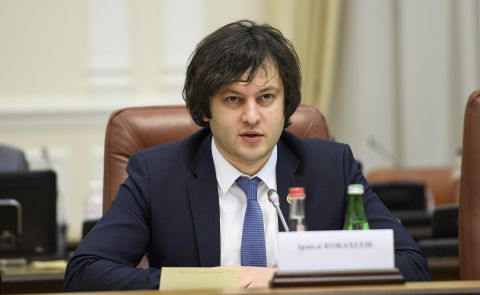
Kobakhidze Announces Full Enforcement of Georgia’s Foreign Agents Law
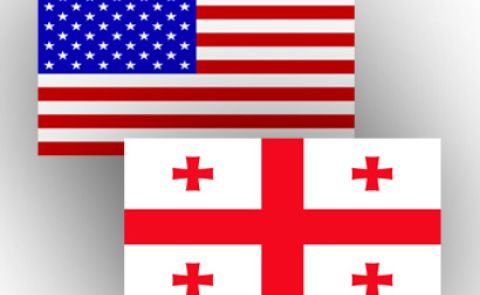
Kobakhidze Meets US Senator Daines to Discuss Bilateral Relations
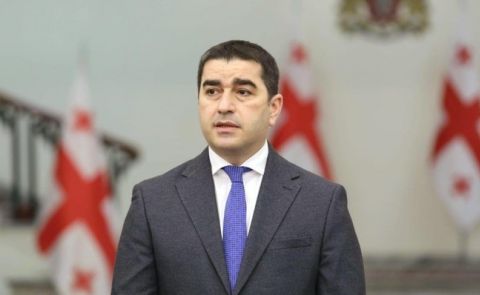
Georgian Speaker Condemns Embassy Travel Warnings as Economic Attack
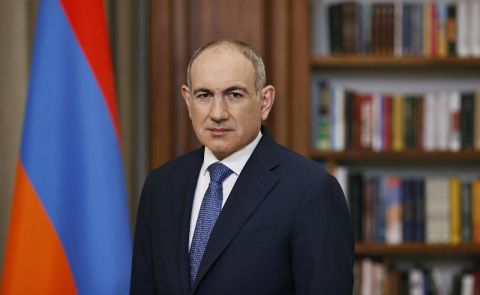
Political Crisis Deepens Between Armenian Government and Apostolic Church After Pashinyan’s Remarks
